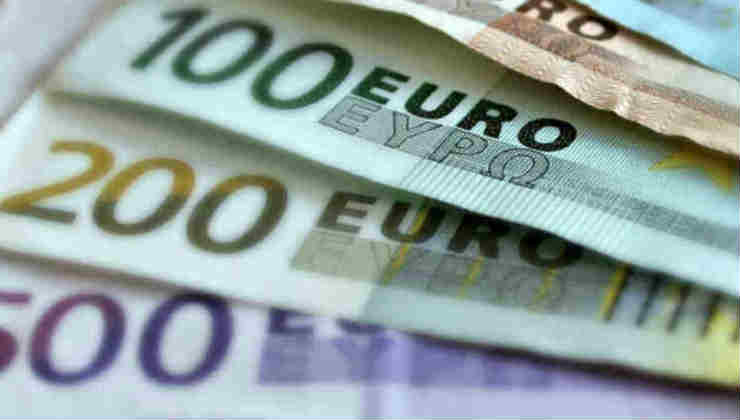Revenue Agency, Italian House Tax introduced: “You all pay 2400 euros” | Paid, there are no exemptions

The Revenue Agency is keeping a watchful eye and you need to be extremely careful to avoid incurring unpleasant sanctions.
The Revenue Agency is a public body, part of the Ministry of Economy and Finance, which plays a crucial role in the management of the tax system. Its main mission is to ensure the correct fulfillment of tax obligations by citizens and businesses, promoting tax legality and combating tax evasion.
Its main tasks include the management and assessment of taxes . The Agency collects tax returns, calculates taxes due, and verifies the correctness of payments . It carries out tax checks and inspections to identify any irregularities or evasion and avoidance phenomena.
Another essential function is to provide assistance and services to taxpayers . It offers contract registration services, land registry searches and consultancy, trying to establish a collaborative relationship with citizens.
The Revenue Agency plays an active role in combating the underground economy and complex tax fraud. It collaborates with other law enforcement agencies and agencies at the national and international level to identify and prosecute those who attempt to evade taxes , helping to strengthen the economic legality of the country and to ensure greater social justice through a correct distribution of the tax burden.
What is the flat rate tax?Cedolare secca is a tax regime for residential rental contracts, introduced in Italy to simplify the taxation of rental income and encourage the emergence of the underground economy. In practice, it is a substitute tax for the Personal Income Tax, regional and municipal surtaxes, registration tax and stamp duty.
This regime is generally advantageous for the owner , since it provides a flat rate of 21% on the annual rent (or 10% for agreed rent contracts). By opting for the flat rate tax, the lessor waives the right to request an update of the rent , even if provided for in the contract, but benefits from a simpler and more convenient taxation.

The penalties for those who fail to declare the flat-rate tax in the 730 or Unico form have changed depending on the date: until 31 August 2024, failure to do so resulted in a fine of between 240% and 480% of the tax due, while from 1 September 2024 the penalty has become fixed at 240%, with a minimum of €500.
For declarations reporting income from flat-rate tax that is lower than the actual amount, the penalty was between 180% and 360% until August 2024, while from 1 September it is reduced to 140%, with a minimum penalty of €300. Thanks to the voluntary disclosure , it is possible to correct errors by paying only 50% of the penalty instead of double, to encourage its use.
Sicilia News 24





